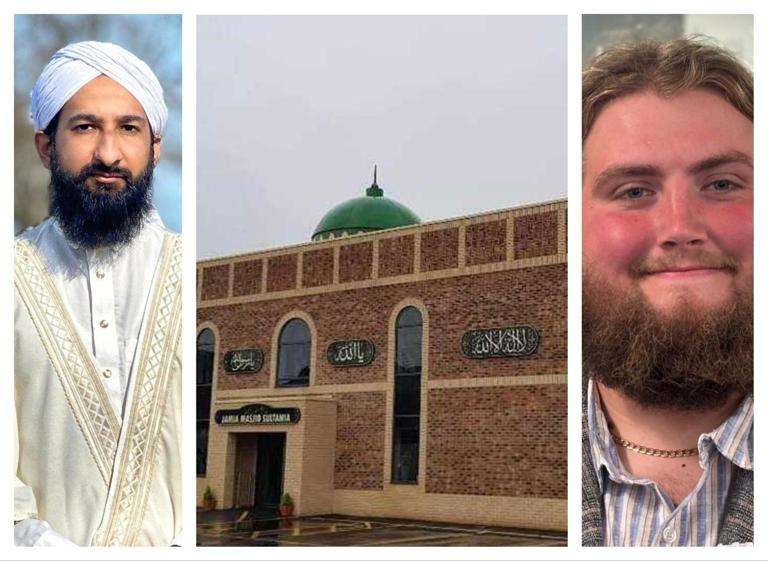As Ivory Coast gears up for its pivotal 2025 presidential elections, the specter of "Ivoirité" – a divisive ultranationalist ideology – once again casts a long shadow over the nation's political landscape. Decades after its initial emergence, this concept, which weaponizes identity to exclude perceived outsiders, continues to fuel deep-seated ethnic, national, and religious cleavages, threatening to reignite past conflicts and undermine hard-won stability.
The recent barring of prominent opposition politician Tidjane Thiam from the upcoming presidential race on grounds related to his citizenship status underscores the enduring power of "Ivoirité." While the legal arguments are presented as technicalities, critics see this as a familiar tactic to sideline political rivals, particularly those with real or perceived ties to northern or immigrant communities. This echoes the tumultuous 1990s and 2000s, when the "Ivoirité" discourse was systematically employed to disqualify figures like current President Alassane Ouattara himself, leading to widespread unrest and civil war, including the devastating 2010-2011 post-election crisis that claimed thousands of lives.
Historical Roots of Division
Ivory Coast's political problems are not simply about electoral disputes; they are deeply rooted in a complex tapestry of historical factors:
Identity Politics and "Ivoirité": Originally conceived to foster national unity by founding President Félix Houphouët-Boigny, "Ivoirité" was later warped into a tool for exclusion, particularly after his death in 1993. Successive governments, notably those of Henri Konan Bédié and Laurent Gbagbo, leveraged this concept to marginalize northern Muslim groups and individuals of immigrant origin. This has created a persistent North-South divide, often intertwined with religious affiliations (Muslim majority in the North, Christian majority in the South).
Immigration and Land Ownership: The nation's economic success in cocoa and coffee production historically relied on a significant influx of immigrant labor from neighboring countries. However, as the "Ivorian miracle" waned in the late 1980s, competition for resources intensified. Land ownership laws became a flashpoint, fueling anti-immigrant sentiment and contributing to violent land disputes, particularly in the south where many immigrant communities had settled. While there have been efforts to formalize land rights, with five times more land certificates issued since 2018, the legacy of these tensions remains.
Economic Disparities: Despite a strong GDP growth averaging 6.4 percent over the past decade and a declining poverty rate (Gini index at 35.30 in 2021, a decline from 37.2 in 2018), significant economic inequalities persist between the north and south. The historical concentration of wealth and development in the cocoa-rich south has left many in the north feeling marginalized, creating a fertile ground for political grievances.
Succession Crises and Political Opportunism: Since Houphouët-Boigny's passing, leadership transitions have been fraught with challenges. Political elites have consistently exploited existing ethnic and religious differences to consolidate power, often through the disqualification of opponents or suppression of dissent. President Ouattara's potential bid for a controversial fourth term in 2025, despite a two-term limit (argued by his supporters to have been reset by a 2016 constitutional amendment), further heightens political tensions and raises concerns about democratic backsliding.
Read More: Ivory Coast's High-Stakes Vote: A Test for African Democracy Amidst Graft and Power Struggles
Nigeria's Regional Role
Meanwhile, regional heavyweight Nigeria watches with keen interest. As a major player in the Economic Community of West African States (ECOWAS), Nigeria has historically been a pillar of stability and a leading diplomatic actor in West Africa. Its substantial economic clout and military strength make its role crucial in regional peace and security. However, recent challenges, including the withdrawal of military-ruled Sahelian states from ECOWAS, have somewhat diminished Nigeria's influence.
Nigerian leaders are focused on reasserting their diplomatic leadership within ECOWAS, prioritizing dialogue and striving to repair cracks within the bloc to confront regional challenges collectively. The stability of a key economic partner like Ivory Coast is undoubtedly a significant concern for Abuja, which aims to ensure a secure and prosperous West Africa.
As Ivory Coast approaches its next electoral test, the international community, including Nigeria, remains hopeful that the nation can navigate these complex challenges peacefully. The true test will be whether political actors choose reconciliation and inclusivity over the destructive politics of identity that have so often plagued its past.

_8.jpg)

_7.jpg)



.jpg)
.svg)


